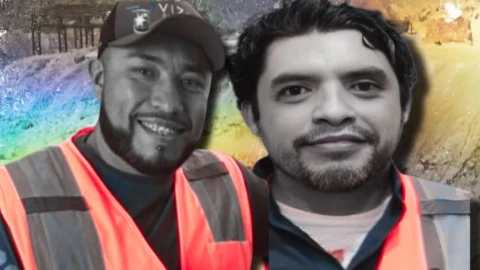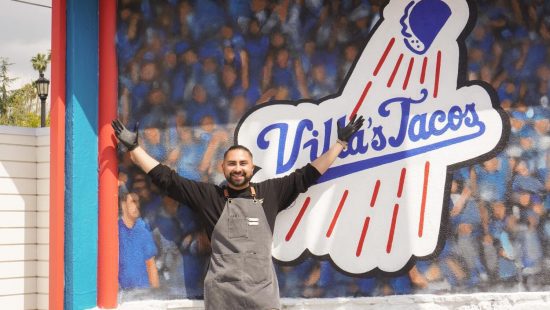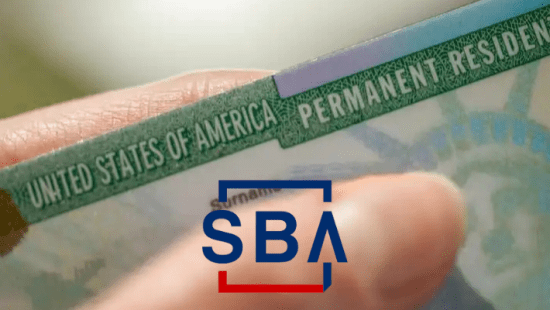In El Salvador, President Nayib Bukele called it a “regime of exception” three years ago. In the United States, Donald Trump calls it a “state of emergency.”
The former rebelled against his own people, the latter against immigrants within the country. Both promised to rid their respective nations of suspected criminals in a declared war on gangs. In their eagerness to detain—and now also to deport—the two leaders have resorted to the same things: arresting people without warrants, creating arrest quotas for police and federal agents, using tattoos as evidence of ties to a criminal organization, and violating due process.
The result in El Salvador is more than 85,000 new inmates who are part of the prison system with the highest incarceration rate in the world. In the United States, more than 66,000 migrants have been detained and some 65,000 deported, according to figures from Immigration and Customs Enforcement (ICE).
But even so, there is a big difference between one country and another, according to Juanita Goebertus, director of the Americas Division of Human Rights Watch (HRW): judicial independence.
Although Goebertus, a 41-year-old native of Colombia, has seen many innocent people imprisoned in Bukele’s prisons or expelled from Trump’s detention centers, she still places her faith in a system with separation of powers.
“In El Salvador, there is absolute co-option of all public powers by the executive branch; there is a strategy to intimidate civil society and the independent press,” she asserts. “Today, the process of weakening the rule of law in the United States is different, because there is judicial independence, a separation of powers, regardless of the composition of the Supreme Court.”
Still, she warns: “Much of what is at stake is the possibility that the Trump administration will take the very Latin American step of total disdain for judicial decisions, instead of maintaining the forms of a democracy that entails abiding by judicial rulings, even when they are contrary to their own wishes.”
For the past three years, HRW members, while protecting their identities, have conducted fieldwork in El Salvador, where they have seen and documented firsthand accounts of overcrowding, unsanitary conditions, disease, lack of medical care or food, beatings, burning and torture of all kinds, including against some of the 3,300 minors detained during the “regime of exception.”
But so far, no member of the organization has been allowed access to the Center for the Confinement of Terrorism (CECOT), the mega-prison opened two years ago with the capacity to hold up to 40,000 inmates.
The CECOT now not only represents terror for thousands of imprisoned Salvadorans, but is also a possible destination for those who dare to remain illegally in the United States. It was the place that—after shaking hands with Trump at the White House and with Secretary of State Marco Rubio in San Salvador—Bukele placed at the service of the Republican administration so that, in exchange for a few million dollars, the alleged members of the Tren de Aragua gang deported from the United States could be imprisoned.
However, El Salvador and its prison system are much more than CECOT, the brand-new prison that is in fact whitewashing the image of Bukele’s prison system.








